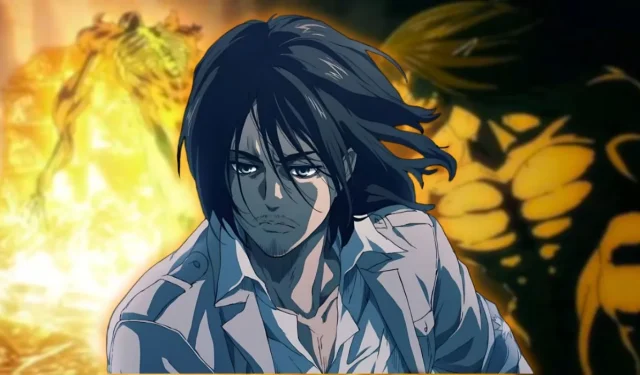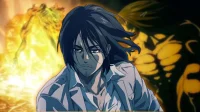When Attack on Titan concluded its epic journey with its final episode in 2023, it marked the end of a transformative decade for anime on the global stage. The series had emerged as a cultural phenomenon, renowned for its breathtaking animation, complex character arcs, and narratives rich in philosophical and political themes. However, the moment the credits rolled, an unexpected wave of backlash reverberated through the fandom. Social media erupted in discussions tinged with disappointment and, at times, outright fury.
Fast forward four years, and while the fervor has subsided, the dissatisfaction with the series’ conclusion persists. This sentiment, however, may be overstated. Attack on Titan delivered an impactful and thematically cohesive ending that bravely ventured beyond the norm of typical mainstream narratives by embracing bitter truths, moral complexities, and a haunting realism. This approach warrants a renewed appreciation for the series’ conclusion.
A Narrative on Cycles, Not Happy Endings
From the Start, Attack on Titan Shunned the Concept of a Happy Ending
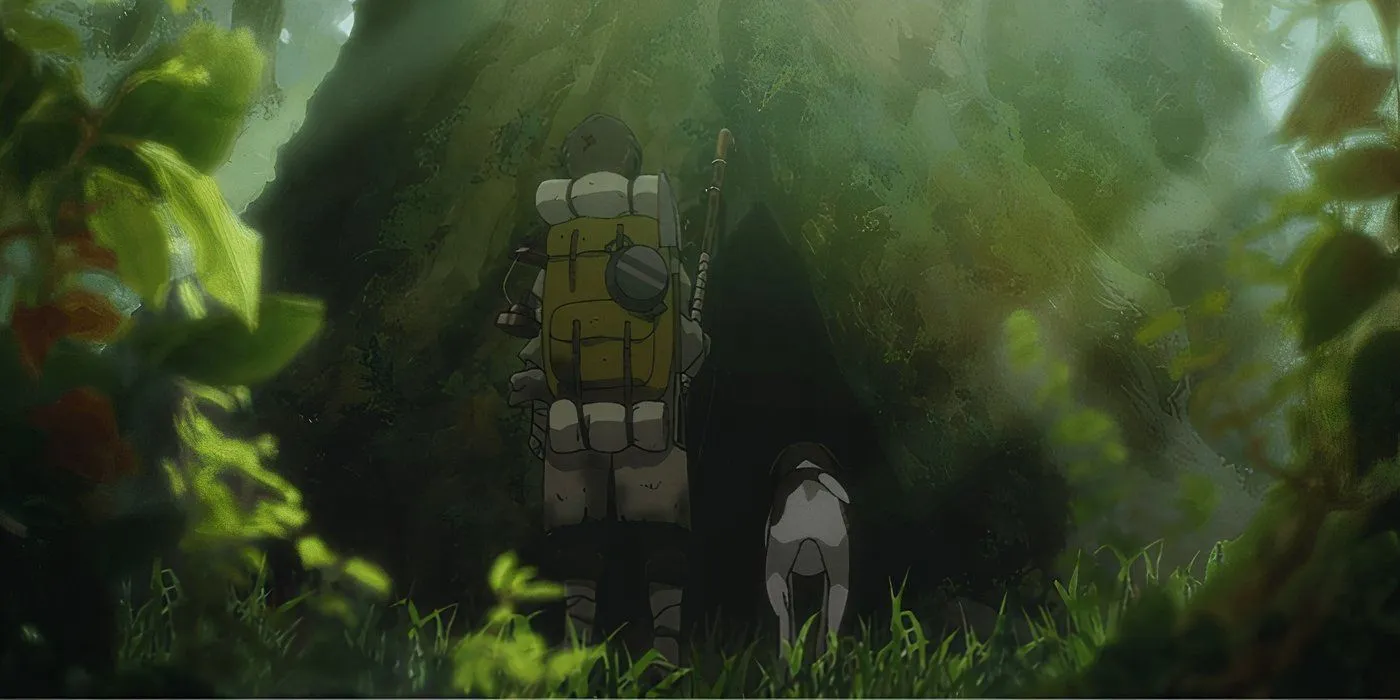
From its inception, Attack on Titan has steered clear of a traditional narrative centered on triumph. It delves into themes of trauma, an unending cycle of violence, and the steep price of freedom. The series’ final episodes remained faithfully aligned with this core identity. Eren’s decision to trigger the Rumbling is not framed as a noble act but as a tragic one, a manifestation of a character oppressed by the weight of history. Instead of glorifying his actions, the finale humanizes him, emphasizing that discomfort is essential to its storytelling. It provokes contemplation on the consequences faced by those raised in a climate of fear and hatred when granted immense power.
Many viewers yearned for Eren’s complete redemption or for him to be decisively halted by unequivocal “heroes.”Yet, that was never the premise Attack on Titan laid out. Eren transcends the role of a mere villain or hero; he embodies the tragic result of a world that has shattered him. This complexity serves not as a flaw, but as a powerful enhancement of his character arc. The ending underscores the tragedy of his evolution and reinforces the notion that reconciliation cannot stem from vengeance.
The poignant exchange between Armin and Eren during the series’ final moments encapsulates the heart of the narrative. Eren expresses his confusion and fear while showcasing an enduring love for his friends—it’s raw, messy, and deeply human. While some viewers may have had their satisfaction compromised by the ambiguity, it is precisely this element that amplifies the ending’s impact. Conflicts in the real world rarely resolve with neat solutions, and neither do those in Attack on Titan.
The Irony of Freedom and the Weight of Choices
Attack on Titan Explores Profound Themes, Perfectly Captured in Its Conclusion
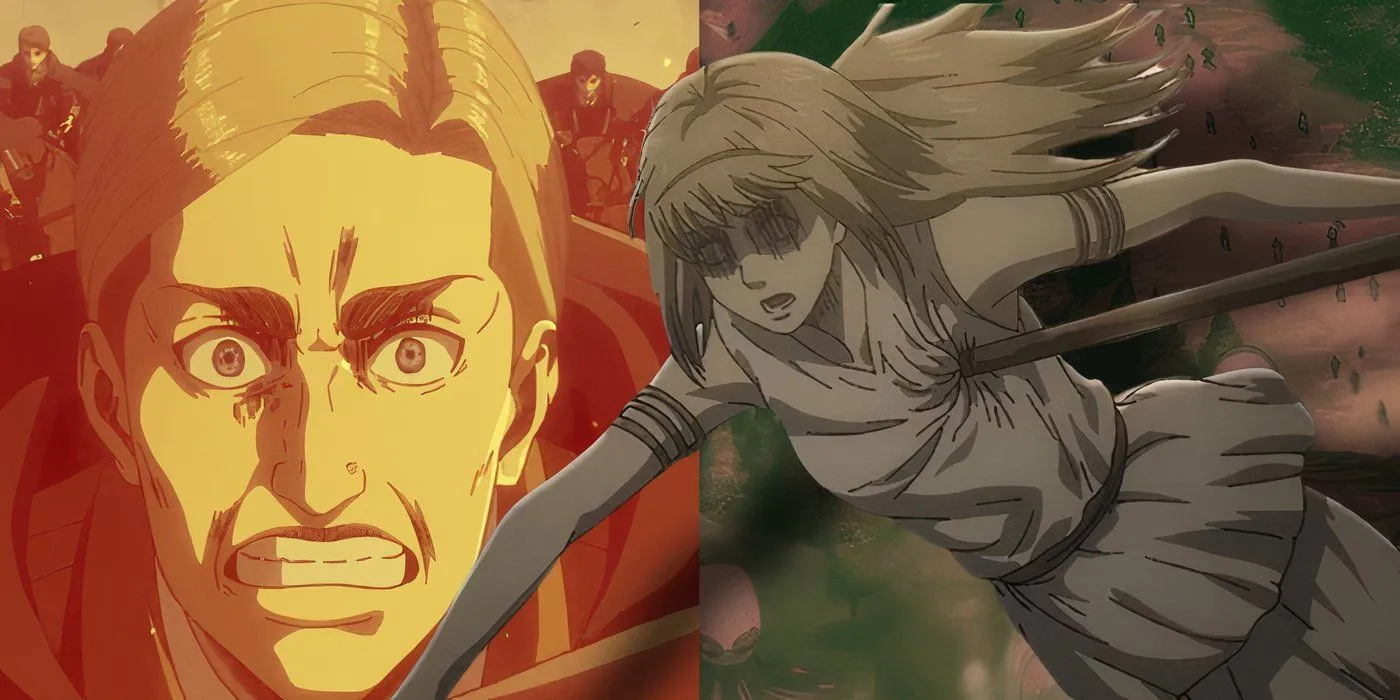
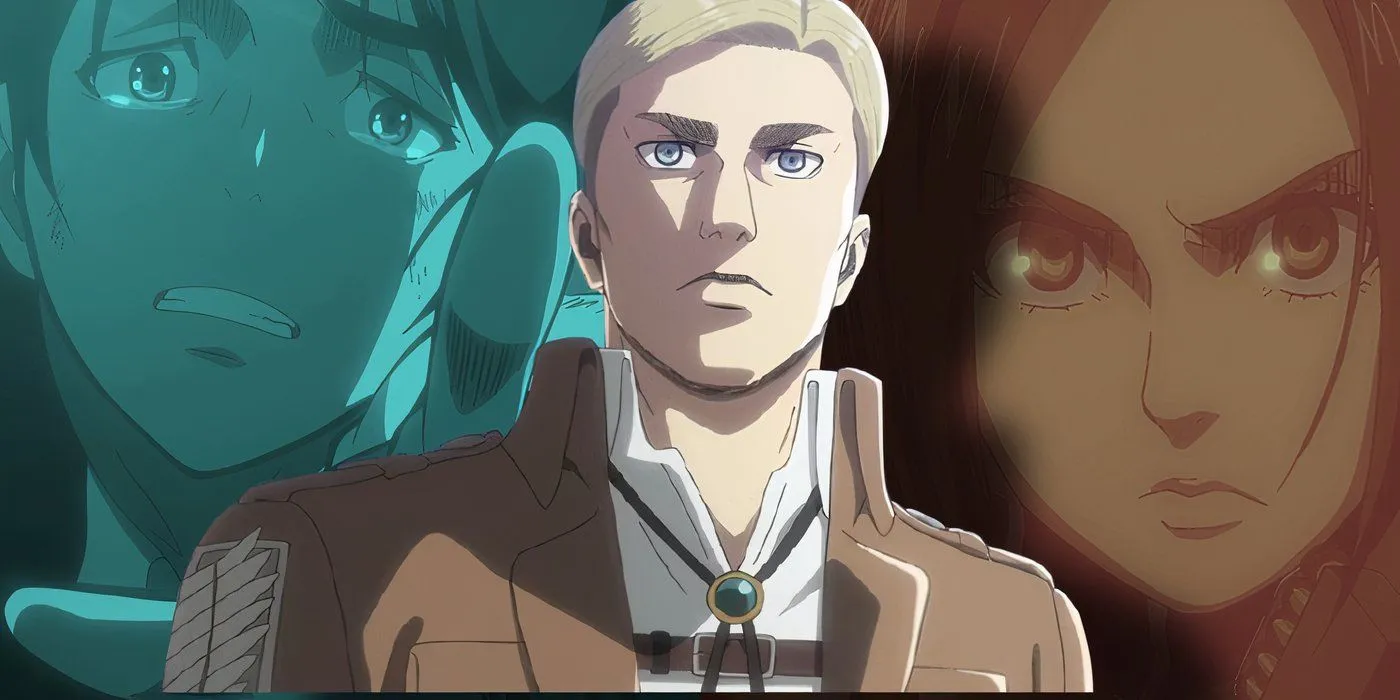
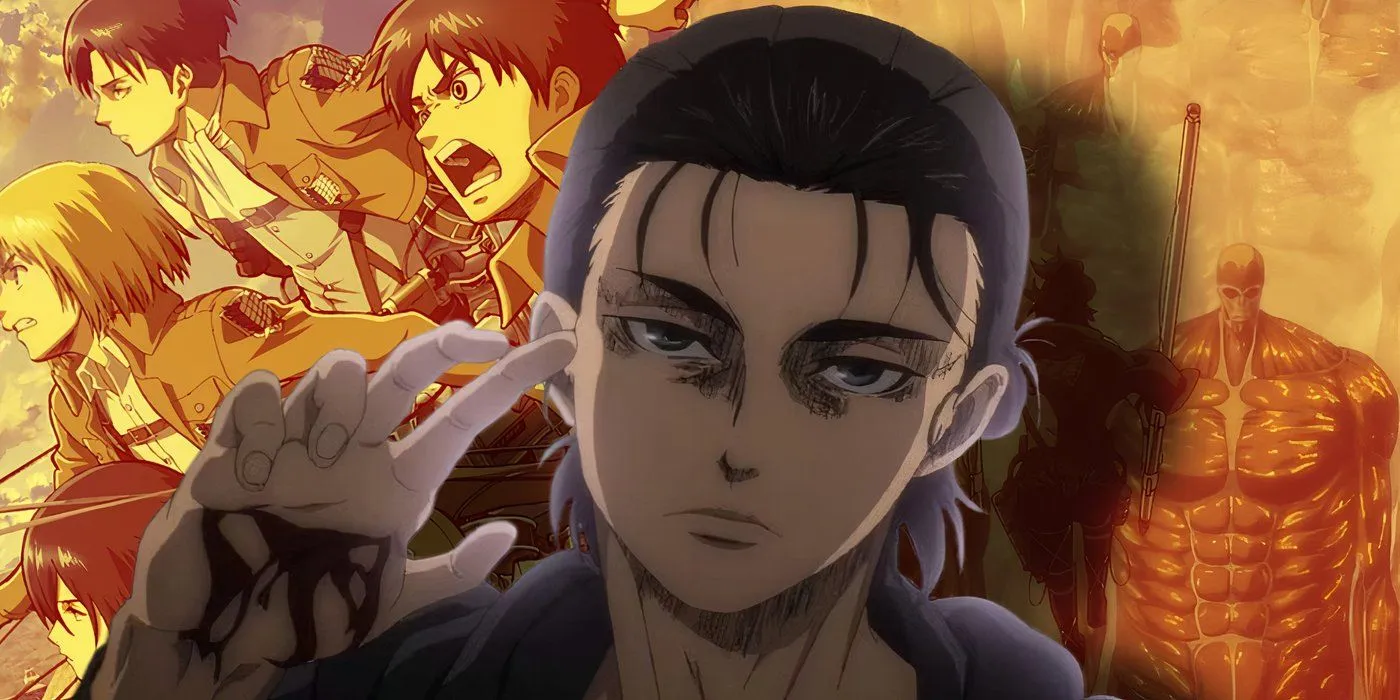
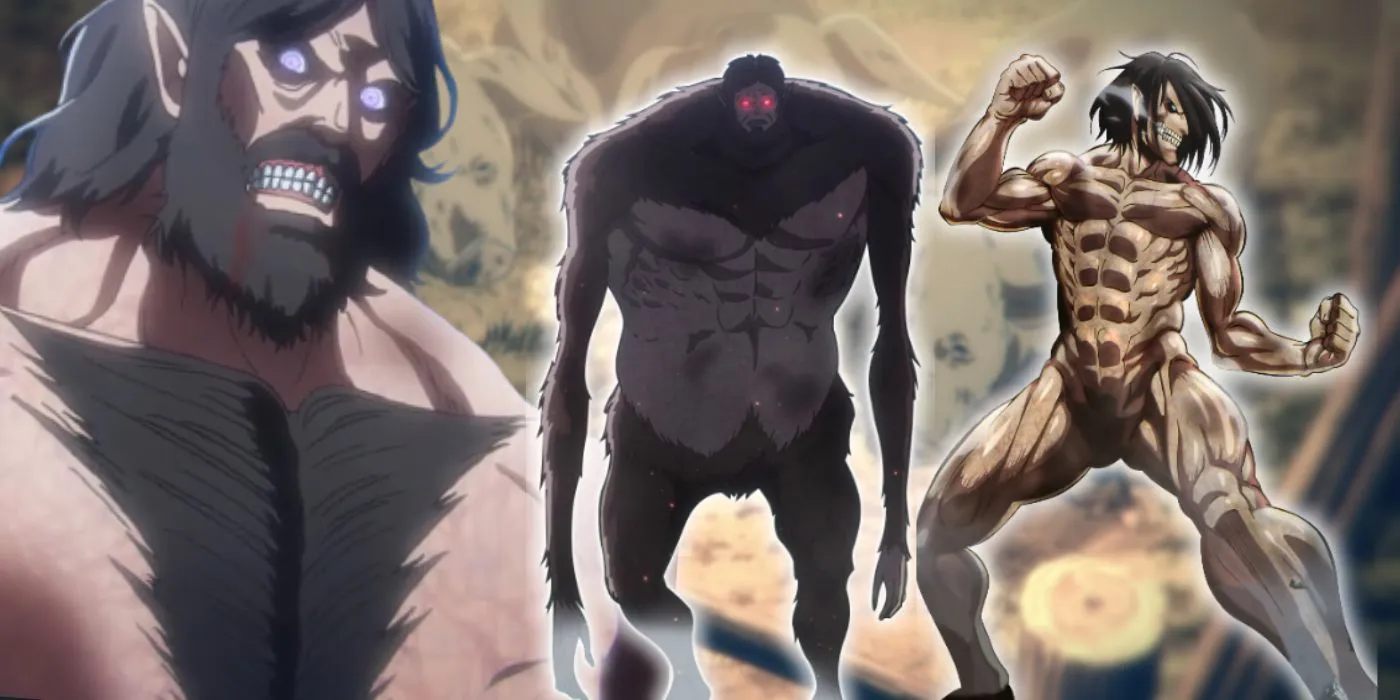
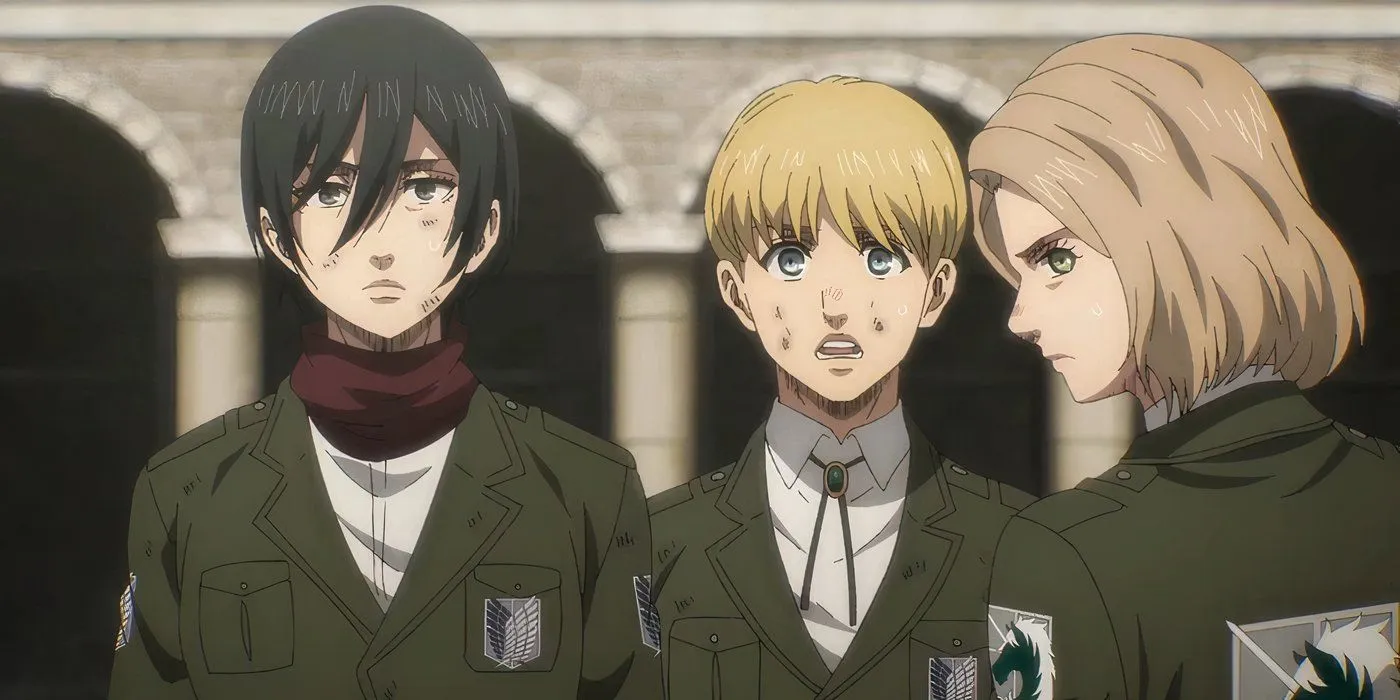
At the core of Attack on Titan lies a profound exploration of freedom: its meaning, who is entitled to it, and the sacrifices involved in its pursuit. From the outset, Eren’s desperate cries for freedom exemplified this theme. Ironically, in chasing this ideal, he ironically evolves into the very tyrant he intended to oppose. This contradiction isn’t a narrative oversight; it embodies the series’ deeper philosophical interrogations. Here, freedom is multifaceted, rarely uncomplicated or absolute—it often comes at the expense of others.
The conclusion of Attack on Titan skillfully challenges any notion of genuine freedom among its characters. Eren, for instance, finds himself ensnared by a predetermined vision of the future, while members of the Survey Corps grapple with the painful necessity of battling their own friend. The absence of closure reflects the chaos of reality; it reveals that freedom remains an ongoing struggle rather than a singular liberation.
Some critics lamented that the cycle of violence was not conclusively terminated by the finale. Yet again, this perspective misses the story’s essence. The closing moments allude to a future still fraught with conflict, evidenced by soldiers and the looming threat of war. This stark reality is not meant to be dismissive or pessimistic; it serves as a poignant reminder that humanity is prone to repeating past mistakes, even after profound tragedies. Such unsettling truths contribute to the distinctive and impactful nature of Attack on Titan’s ending.
Emotional Resolution and the Strength of Bonds
The Finale of Attack on Titan: A Heart-Wrenching Tale of Affection
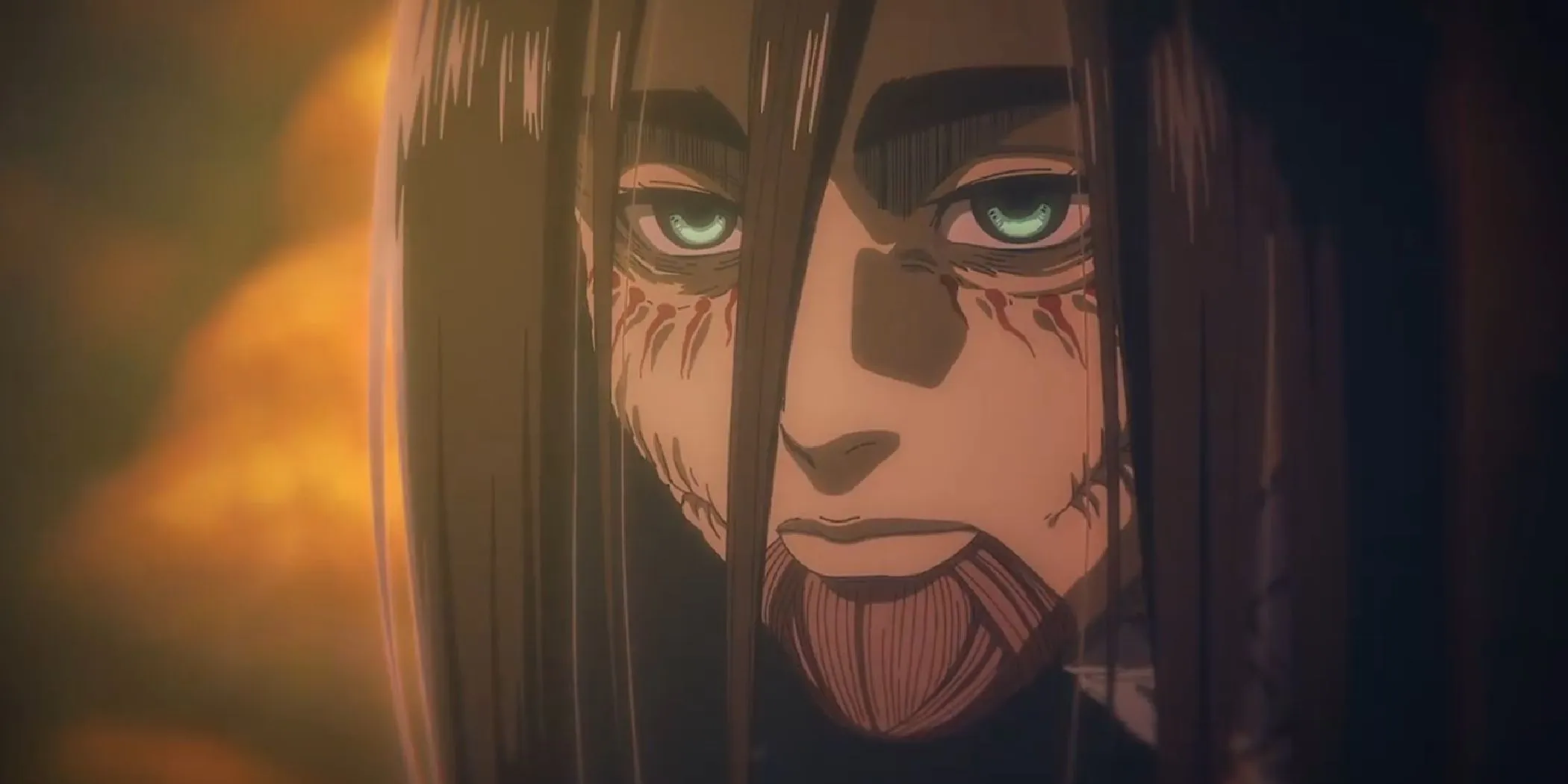
Amidst its darker themes, the conclusion also offers sincere emotional resolution. The finale’s poignant moments, particularly Eren’s farewell to Mikasa and Armin, are imbued with genuine heartbreak and authenticity. These interactions reveal that, at its core, Attack on Titan signifies a narrative about flawed, frightened, and deeply human characters. Eren’s last exchanges illuminate the vulnerability of his younger self, willing to protect loved ones, even if it necessitated becoming a monster.
Mikasa’s role during the climax is extraordinarily powerful. Her final farewell to Eren ranks among the most heart-wrenching scenes of the series. It encapsulates the entirety of their intricate relationship—complicated, often unspoken, yet profoundly connected. Her decision to end Eren’s life transcends mere plot resolution; it embodies an ultimate act of love and mercy, culminating in a tragic but richly layered conclusion to her character arc.
Even amidst despair, the narrative interweaves threads of fragile hope in its concluding scenes—not the triumphant resolution many anticipated, but a difficult, aching rebirth. The surviving cast members also gain significant closure; for instance, Armin embraces a role in diplomacy, striving to mend a fractured world, while Historia’s child symbolizes a new generation untouched by conflict. This whisper of hope across the finale serves as a testament to the story’s natural evolution—a reminder that healing is a gradual and often painful process shaped by monumental loss.
Imperfect yet Apt Ending
Attack on Titan’s Finale Accomplished Exactly What It Needed
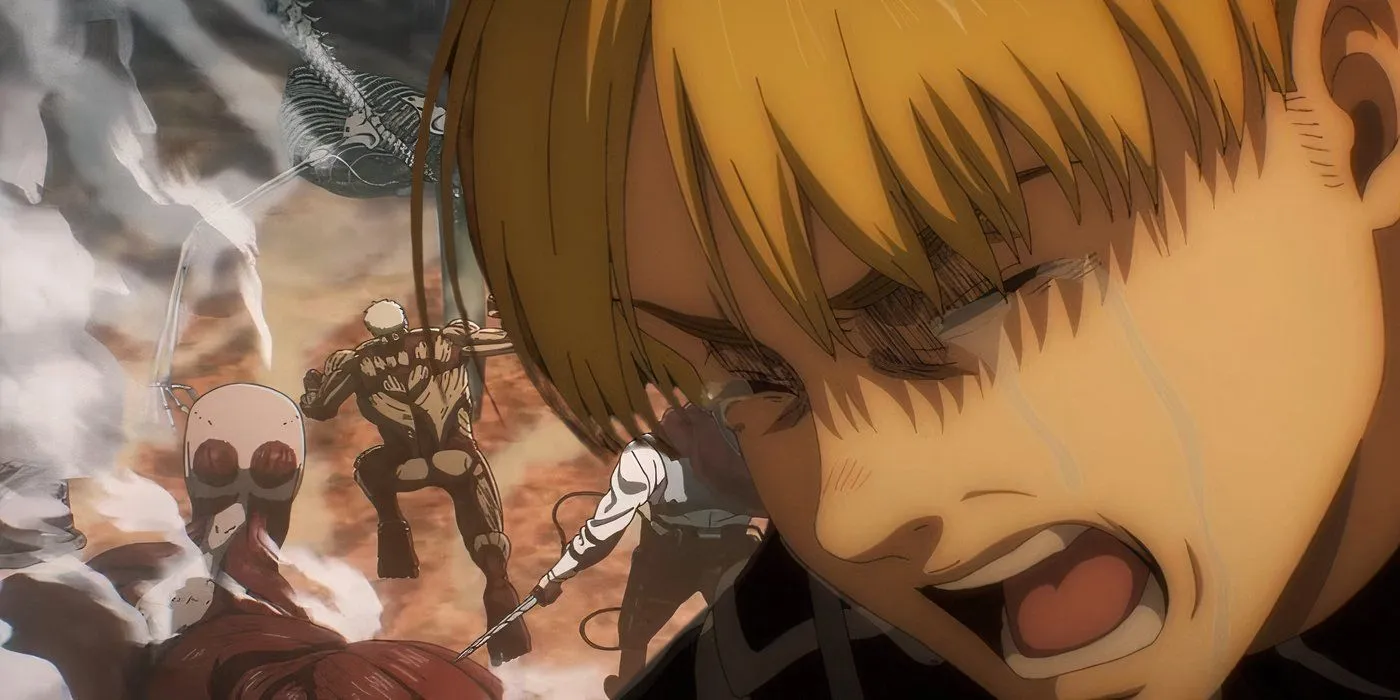
No concluding episode of a cherished series can satisfy every viewer entirely. This is the inherent complexity of storytelling, particularly when it grapples with heavy themes and multifaceted characters. However, the backlash against the finale of Attack on Titan appears rooted more in unmet expectations than narrative shortcomings. The conclusion seamlessly aligns with the layers of meaning the story has built, presenting a morally intricate and emotionally layered finale that does not pander to an audience hungry for neat, tidy closures.
The divisive nature of this ending underscores how deeply audiences are invested in the narrative. Had it not resonated, such impassioned responses would not have emerged. Four years later, it remains evident that the conclusion does justice to the vision Hajime Isayama sought to communicate. It offers fans closure devoid of easy resolutions, urging them to reflect on their perceptions of justice and freedom, and ultimately imparting a lasting legacy seldom matched by other anime conclusions. Therefore, Attack on Titan’s finale stands not merely as a good ending, but as a poignant and powerful culmination of a remarkable story.
